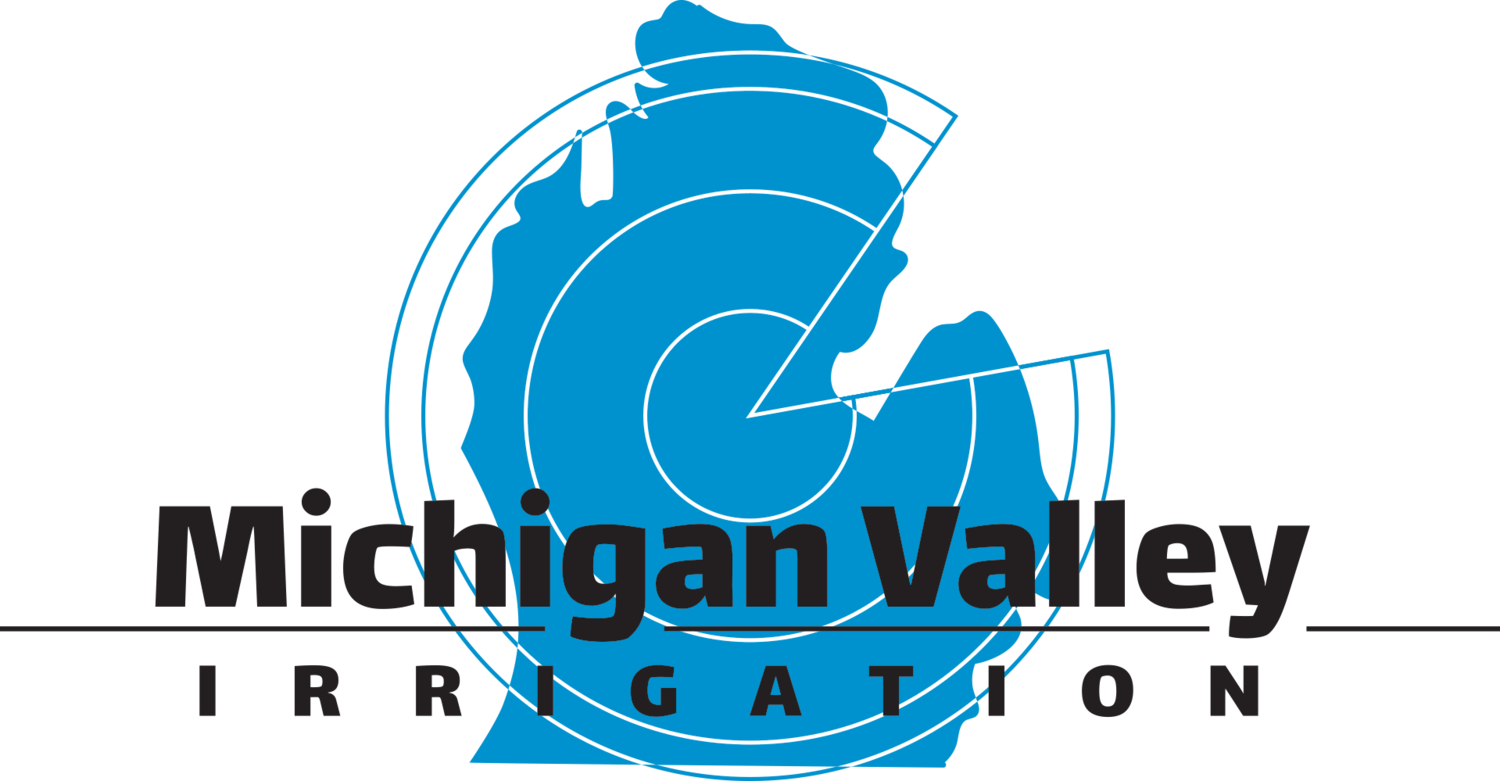Irrigated Dairy Forages – Multiple Benefits!
Dairy farms are busy places with time demands that never go away, ever. Now you want me to manage irrigation on top of all my other responsibilities? What if I showed you several benefits that could save time, money and improve yield? Would that get your attention?
Michigan is a supplemental irrigation state, meaning you can get a crop, but supplementing existing precipitation with planned irrigation will increase yield nearly every year. Successful farmers are becoming increasingly focused on controlling the controllables. Water is one of those inputs. Control what you can and manage around the others the best that you can.
Transportation on the farm is a growing expense as farms increase in size and farmed acres are spread out over a broader area. Hauling forages back to your cattle and moving manure to distant fields is a significant cost. If you could produce more feed closer to the dairy, those costs would be reduced. Farming fewer acres and producing the same amount of feed will lower the expense of your land base whether it is owned or rented.
Historically more manure has been applied to proximal acres to reduce time and transportation expenses. This has often led to greater nutrient density on those acres near the farmstead often exceeding regulated limits. If your crop yield per acre increases and is removed from those acres, soil nutrient levels are utilized by that crop and reduced. Manure is a valuable nutrient source but comes with complications. Keeping those values within limits can be challenging.
Pumping liquids from your leachate and manure systems is also far more economical than hauling. Reduced soil compaction is another benefit of this process. Utilizing irrigatable liquids also further benefits your crops because they are applied during the growing season helping with a yield boost.
Available technology on center pivot irrigation systems can provide several time saving practices previously unavailable. Pivots, pumps and valves can be controlled remotely with telemetry, minimizing trips to the field. Pivot mounted cameras can assist with scouting, getting real time updates on your crop status, facilitating timing of fertilizer and crop protectant applications. They can also reduce time spent scouting fields. Injection pumps can better time applications throughout the growing season and save applicator passes.
Summary of Benefits of Irrigating Dairy Forages
Lower Transportation Costs of Feed and Manure
Boosting Yield
Improving Nutrient Management
Reducing Overhead with Fewer Crop Acres
Minimizing Soil Compaction
Utilizing Irrigation Technology to Improve Scouting and Faster Reaction to Plant Needs
While center pivot irrigation is an investment in your dairy, it also has a long useful life of forty years or more that can pay dividends in many ways including playing a role in your estate plan that can benefit the next generation.
ABOUT THE AUTHOR
Pete is the marketing manager for Michigan Valley Irrigation, having joined the company in 2016. He was raised on a dairy farm in western New York and graduated from Cornell University with a B.S. in agricultural economics. His entire working career of over 37 years has been involved in agriculture. A farmer helping farmers. When away from Michigan Valley he operates, Joyful Noise Farm, a small livestock and produce farm and spends time with his family.






